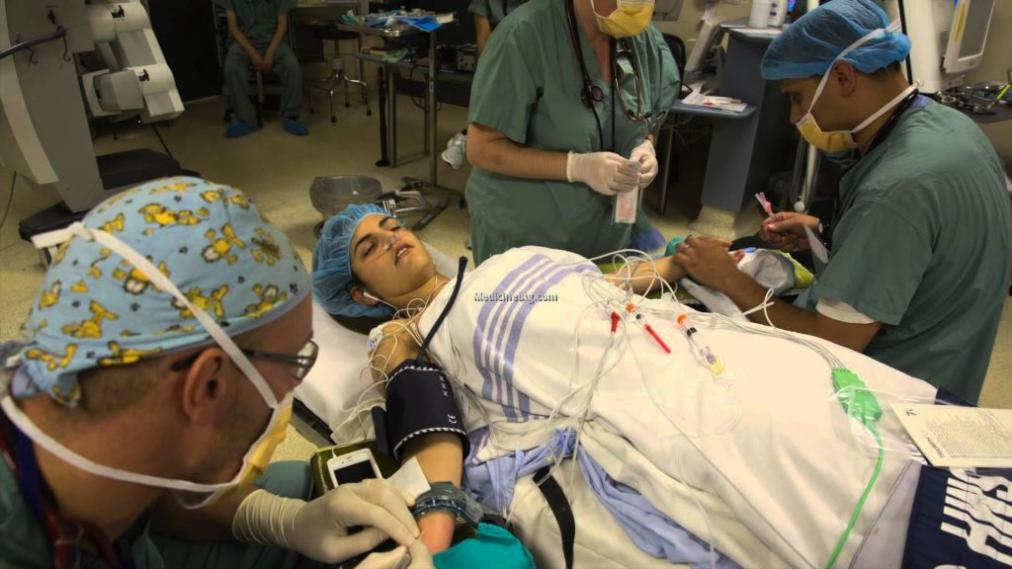Can Brain Surgery Fix Mental Illness?
Mental illness affects millions of people worldwide, causing significant distress and impairment. While there are various treatment options available, such as medication, psychotherapy, and lifestyle changes, some individuals with severe mental illness may not respond adequately to these interventions.

In recent years, there has been growing interest in the potential of brain surgery as a treatment for mental illness. This article explores the history, current state, benefits, risks, ethical considerations, and future directions of brain surgery for mental illness.
Historical Perspective
Attempts to treat mental illness with brain surgery date back to the early 20th century. One of the most well-known procedures was the lobotomy, which involved severing connections between the frontal lobes and the rest of the brain. While lobotomies were initially hailed as a breakthrough treatment, they were later found to cause severe side effects, including personality changes, apathy, and cognitive impairment.
In the 1950s, a less invasive procedure called the prefrontal lobotomy was developed. This procedure involved severing connections within the frontal lobes, rather than between the frontal lobes and the rest of the brain. Prefrontal lobotomies were also found to have significant side effects, and their use declined in the 1960s.
Current State Of Brain Surgery For Mental Illness

Today, there are several types of brain surgery that are used to treat mental illness. These procedures are typically reserved for individuals with severe, treatment-resistant conditions.
- Deep brain stimulation (DBS): DBS involves implanting electrodes into specific brain regions. These electrodes deliver electrical pulses to the brain, which can help to regulate abnormal brain activity.
- Vagus nerve stimulation (VNS): VNS involves implanting a device that delivers electrical pulses to the vagus nerve, which is a long nerve that connects the brain to the abdomen. VNS has been shown to be effective in treating depression and epilepsy.
- Cingulotomy: Cingulotomy involves severing connections between the cingulate gyrus, a brain region involved in emotion and motivation, and other parts of the brain. This procedure is sometimes used to treat severe depression and obsessive-compulsive disorder (OCD).
Benefits And Risks Of Brain Surgery For Mental Illness
Brain surgery for mental illness can offer significant benefits for individuals who have not responded to other treatments. These benefits may include:
- Symptom reduction
- Improved quality of life
- Increased functionality
However, brain surgery also carries potential risks and complications, including:
- Infection
- Bleeding
- Damage to surrounding brain tissue
- Seizures
- Stroke
Ethical Considerations
The use of brain surgery to treat mental illness raises a number of ethical concerns, including:
- Informed consent: Individuals considering brain surgery should be fully informed of the potential benefits, risks, and alternatives to surgery.
- Patient autonomy: Individuals should have the right to make decisions about their own treatment, including whether or not to undergo brain surgery.
- Coercion: Brain surgery should not be used as a form of coercion or punishment.
Future Directions
Research into brain surgery for mental illness is ongoing. Promising areas of research include:
- Developing new surgical techniques: Researchers are working to develop new surgical techniques that are less invasive and carry fewer risks.
- Identifying new targets for surgery: Researchers are also working to identify new brain regions that may be targeted with surgery to treat mental illness.
- Improving patient selection: Researchers are working to develop better ways to identify individuals who are likely to benefit from brain surgery.
Brain surgery is a potential treatment option for individuals with severe, treatment-resistant mental illness. While brain surgery can offer significant benefits, it also carries potential risks and ethical concerns. Careful consideration of the benefits, risks, and alternatives to surgery is essential before making a decision about whether or not to undergo this procedure.
Ongoing research is aimed at improving the safety and efficacy of brain surgery for mental illness. This research may lead to new treatments that can help individuals with severe mental illness live full and productive lives.
YesNo

Leave a Reply